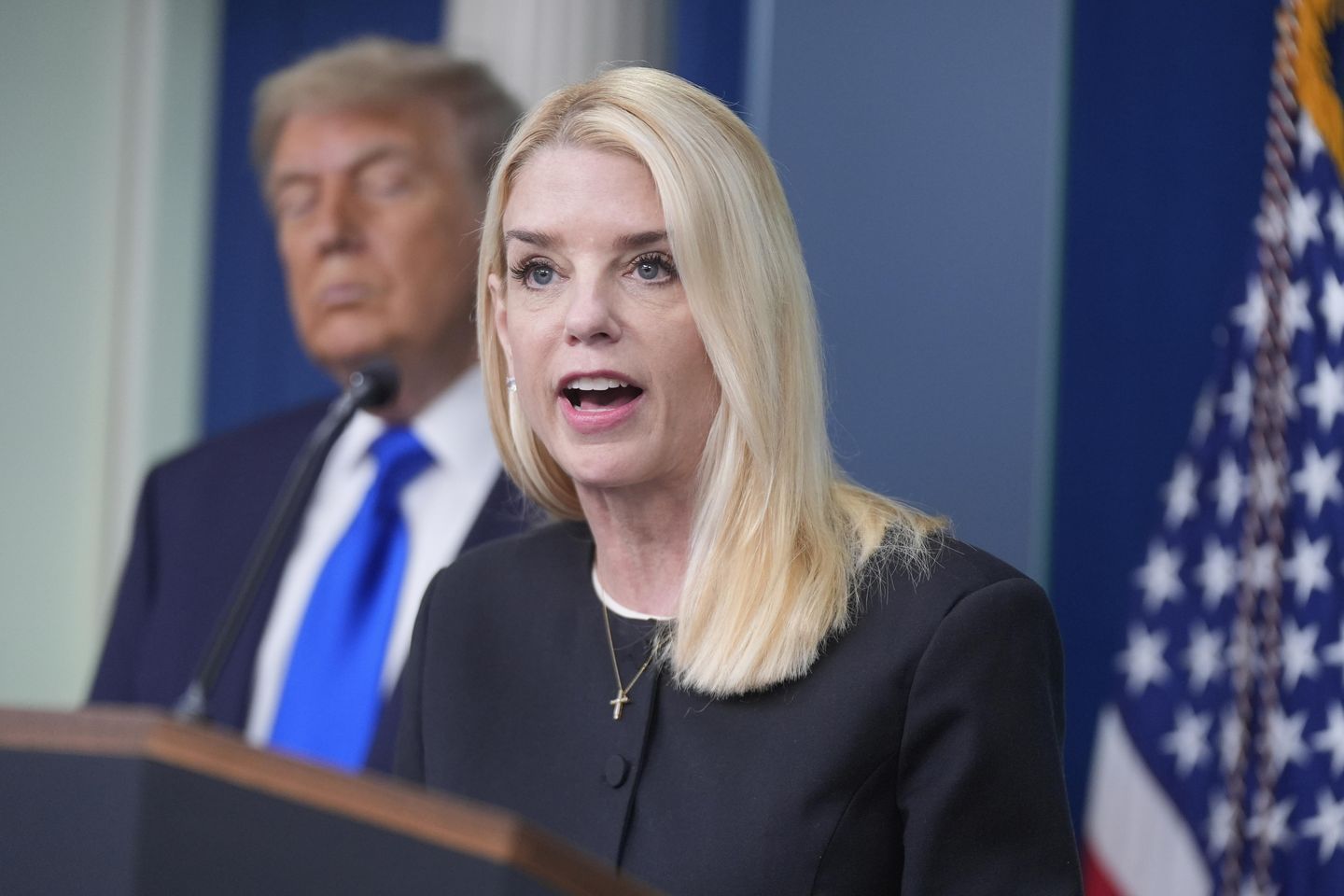
OPINION:
Team Trump decided and announced, despite mountains of evidence to the contrary, that Jeffrey Epstein didn’t engage in blackmail, didn’t have a list of his customers (which, if true, seems a careless business practice on his part) and legitimately killed himself while in federal custody.
This despite the fact that at one time Attorney General Pam Bondi and the president’s eldest son specifically referenced a list of customers Epstein had.
It is also more than a little odd that the closed-circuit television in the jail managed to malfunction at precisely the moment Epstein chose to kill himself.
In a related development, President Trump overruled the Defense Department to announce that “defensive” weapons (mostly medium-range missiles) would in fact be shipped to Ukraine. It’s not exactly clear what makes a weapon “defensive” in nature, but questions like that aren’t really asked much anymore.
Nor is it clear what might have changed in Ukraine to warrant continuing to send weapons. Certainly, the Europeans have not made any great strides in policing their own backyard and defending their own continent. Nor have any developments occurred during the war to suggest that it would stop being a stalemate at any point in the near future.
It also remains, as it has been for some time, unclear what pressing American interests are at risk in this war. Nor is there any clarity about why our leaders should keep spending taxpayers’ cash in places like Kyiv when places such as Buffalo, New York, Pittsburgh and Escanaba, Michigan, might need that cash instead.
The thread that knits these two stories together is, of course, that both represent a clear departure on the part of the president’s team from past pronouncements on the subjects. Way back during the campaign, Mr. Trump was clear and made a lot of sense in noting that our goal should be to end the war in Ukraine, not feed it indefinitely.
Similarly, numerous people in the president’s orbit, including Vice President J.D. Vance, have suggested that Epstein had a list made up of the wealthy and well-known and that the chance of him having a sudden bout of conscience and killing himself in a jail cell was unlikely at best. They also suggested that maybe we should look into that because we want to make sure the rich and powerful abide by the same laws as the rest of us.
But all that was before last week.
Most of those who identify ideologically as conservatives do so because they believe that tradition and history provide us with important information about how to live one’s life. Perhaps the central element of political conservatism is discomfort with concentrations of power, especially when that power is backed by the government.
Conservatives rightly fear undue reliance on one man or one group of men because all of us are fallible. Allegiance should be given sparingly, and mostly to ideas and principles rather than to politicians.
In the past few days, the wisdom of that approach has become apparent. If one’s entire political philosophy is entangled entirely in one man or a cohort of men, one is at the mercy of that man or cohort.
We now (again) arm Ukraine, despite what was once said by our leaders. We now believe that Epstein had no list and killed himself in his cell.
As George Orwell noted in his dystopian warning “1984”: “The Party told you to reject the evidence of your eyes and ears. It was their final, most essential command.”
• Michael McKenna is an award-winning columnist and contributing editor at The Washington Times.










